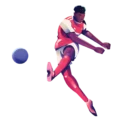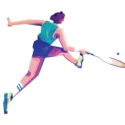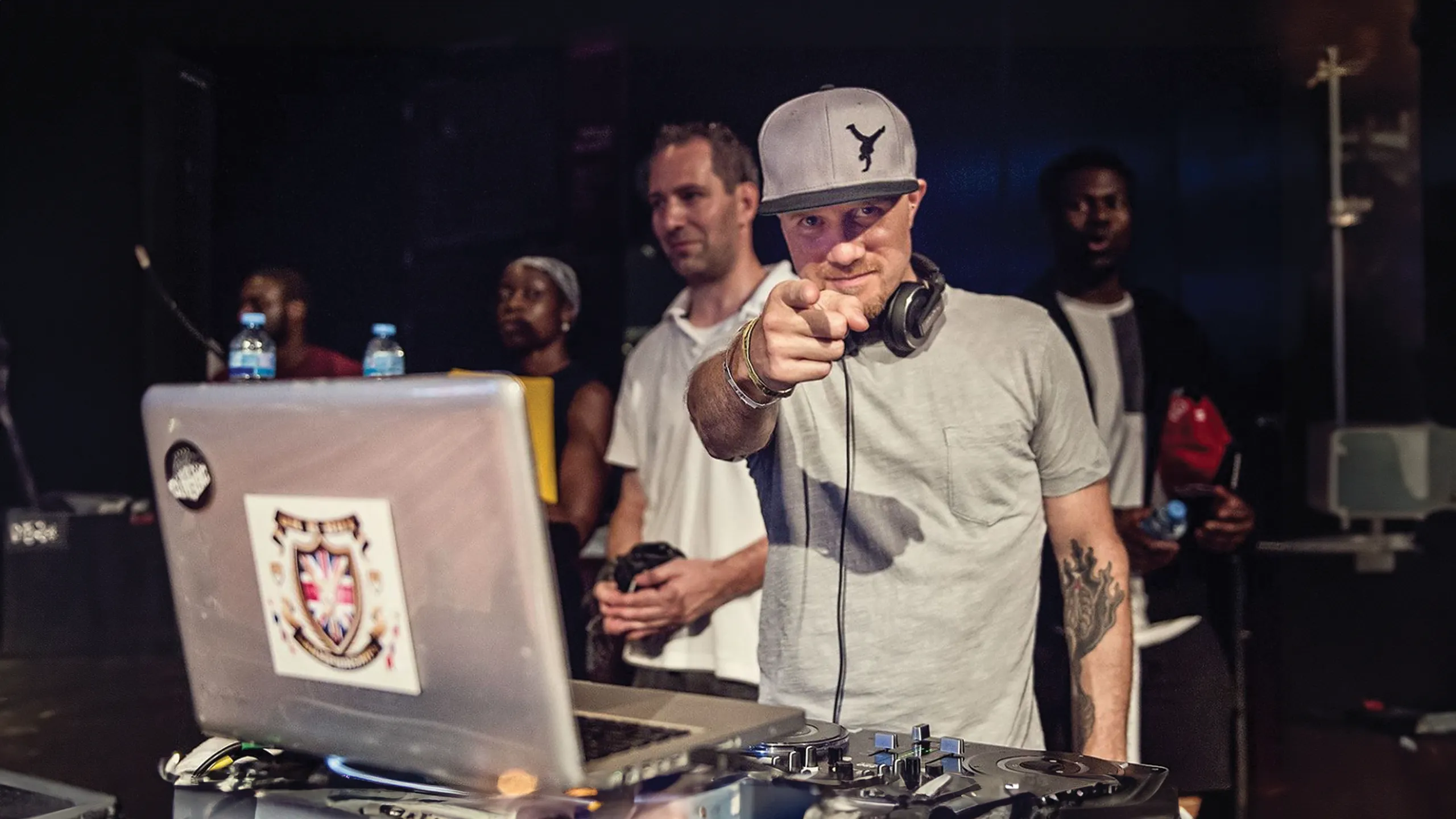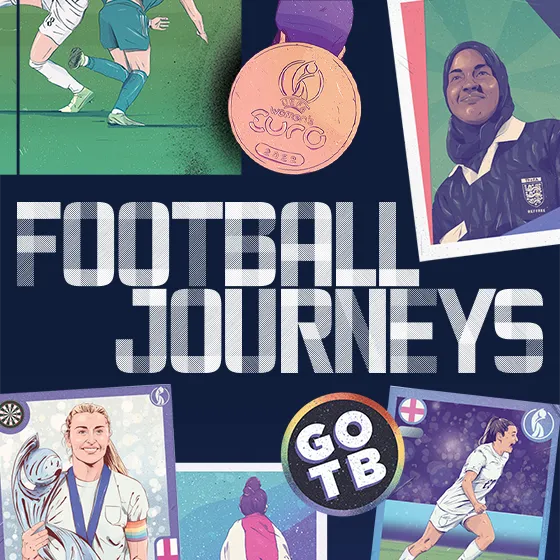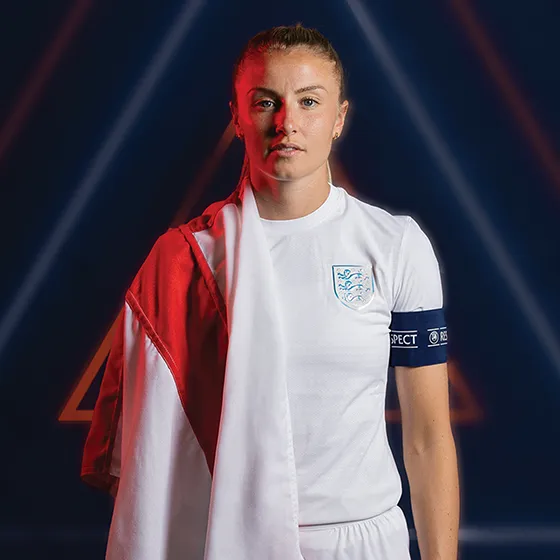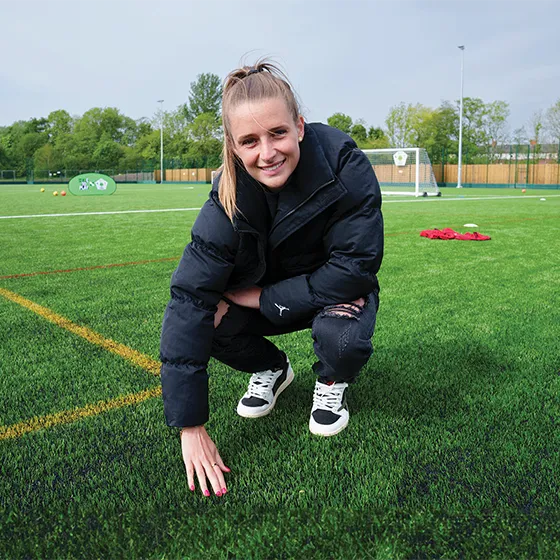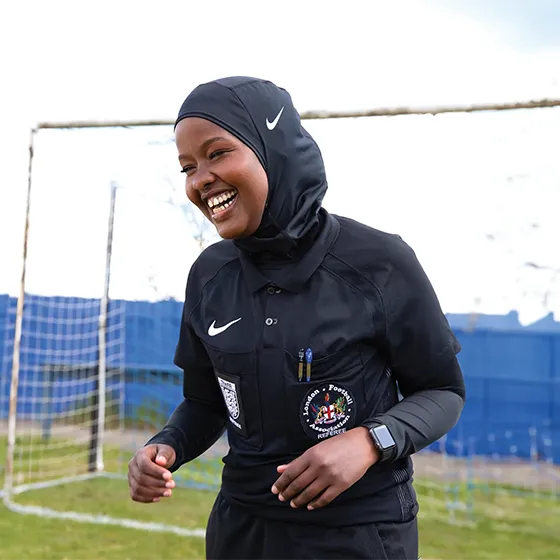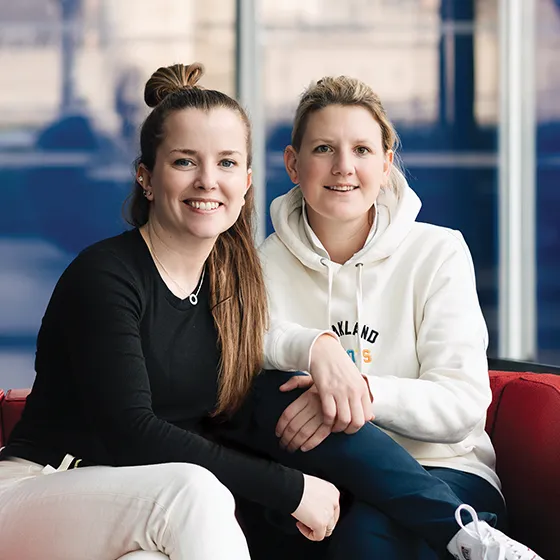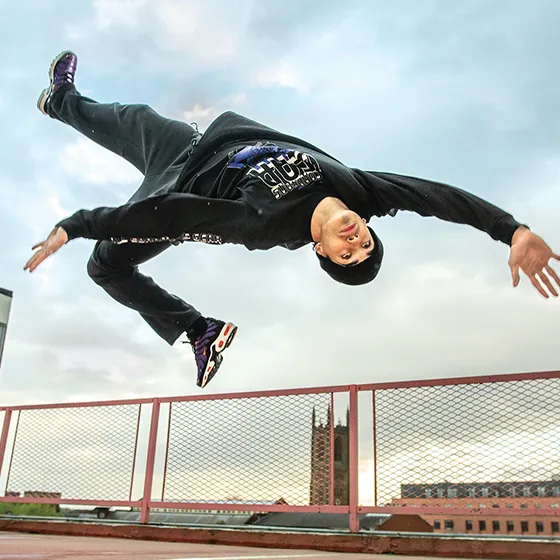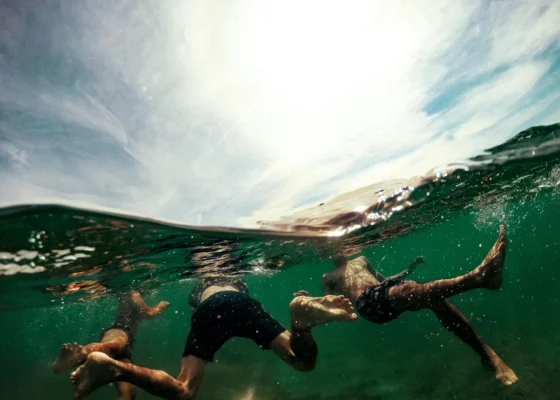T
he future of breaking in the UK remains uncertain, with events crews, and competitors still not rebounding since the 2012 decline. Breaking was also unsuccessful in its bid to continue as an Olympic sport, not being re-selected for the 2028 Olympics in Los Angeles, casting doubt on its post-2024 future. Plus, without continued media attention and funding, breaking faces challenges competing with more established sports. While it will feature in the 2026 Youth Olympic Games in Dakar, only time will tell if this will create a legacy and more interest in the UK.
A positive development that sporting recognition has brought is the formation of the organisation Breaking GB. Created in 2021 as a vehicle to build pathways for competitive breakers from grassroots to elite level, it’s headed by Oliver ‘Hooch’ Whittle as BreakingGB’s president.
Oliver Hooch’s event, the UK Bboy Championships, is the longest running breaking event in the UK, plus he’s putting on various other breaking events in partnership with organisations such as the World Dance Sport Federation, as well as international sporting and dance festivals. In his role as president of BreakingGB, Hooch aims to build breaking into a sustainable sport, community and culture, with an infrastructure that can grow and thrive in the years to come.
What are Breaking GB’s goals to help breaking succeed in the UK?
Our focus is grassroots, mass participation, coaching and building facilities where you can go and simply break. After the Tokyo Olympics there was a surge in skateboarding. At the time, skateboarding TV presenter Ed Leigh was frequently asked ‘How can you make you fi rst moves to get into skateboarding?’ Ed replied that it was easy – just go to your local skatepark. I remember thinking, ‘Yeah, it’s that easy.’ But if there is a surge in people wanting to start out or get involved in breaking after the Paris Olympics we can’t say, ‘Go to your local breaking studio,’ because we’re not that well organised or funded. That’s our focus, along with identifying partners interested in bringing people into breaking.
How can breaking build its fanbase?
The public have always been interested in watching breaking, and the young people who come to the events always leave wanting to get involved. With the really young kids the interest is so immediate they always want to just get down and have a go. So it’s all about engaging with the younger people. Other countries already have extensive youth programmes and places such as China and Japan are incredible because they have lots of dance studios, competitions and engagement. That’s because they see breaking as a relevant sport.
By becoming a sport will breaking lose its culture?
We all got into this for the love of the culture and I think the responsibility lays on organisations like ourselves to make sure that the cultural aspects of hip hop are always integrated into whatever sporting ambitions and endeavours we have. For example, we want to make sure the music played at events will be authentic to the culture, and that we create our authentic cultural vibe. We understand hip hop, and as long as it’s integrated it will be second nature to the next generation.
Can breaking become a professional sport?
Competition is the life blood of breaking, and BreakingGB has been proactive in organising a national championship in London in partnership with Subway. They ran a focus group on what sportspeople were interested in and basketball was first while breaking was second. To come second in a survey of sports was something we were super proud about and didn’t expect. To become more of a professional sport, coaching and participation programmes will also be part of the partnership.




